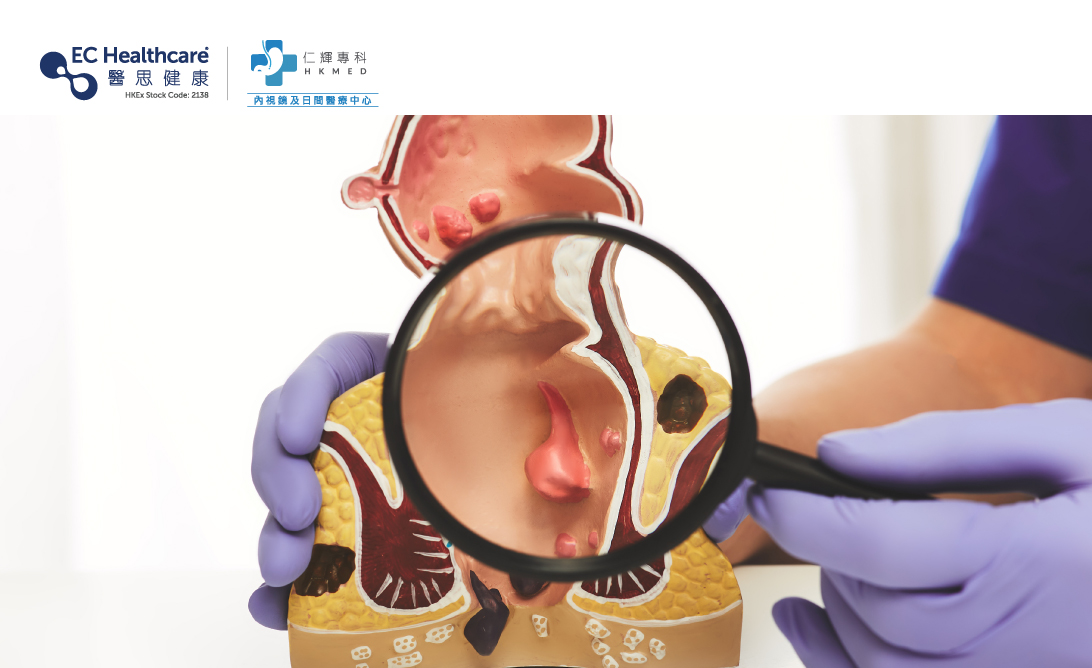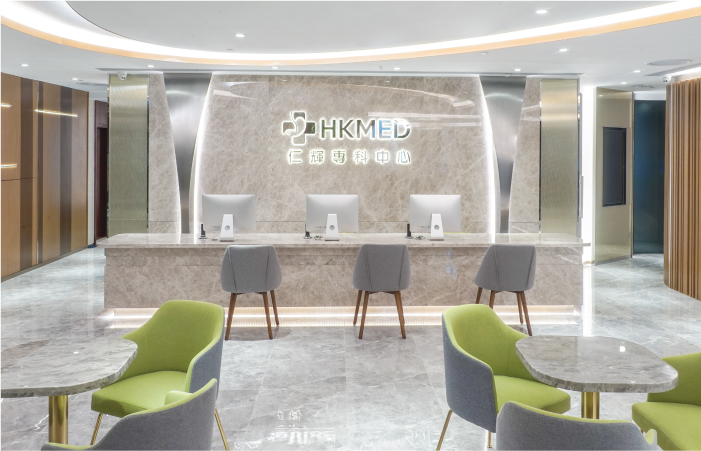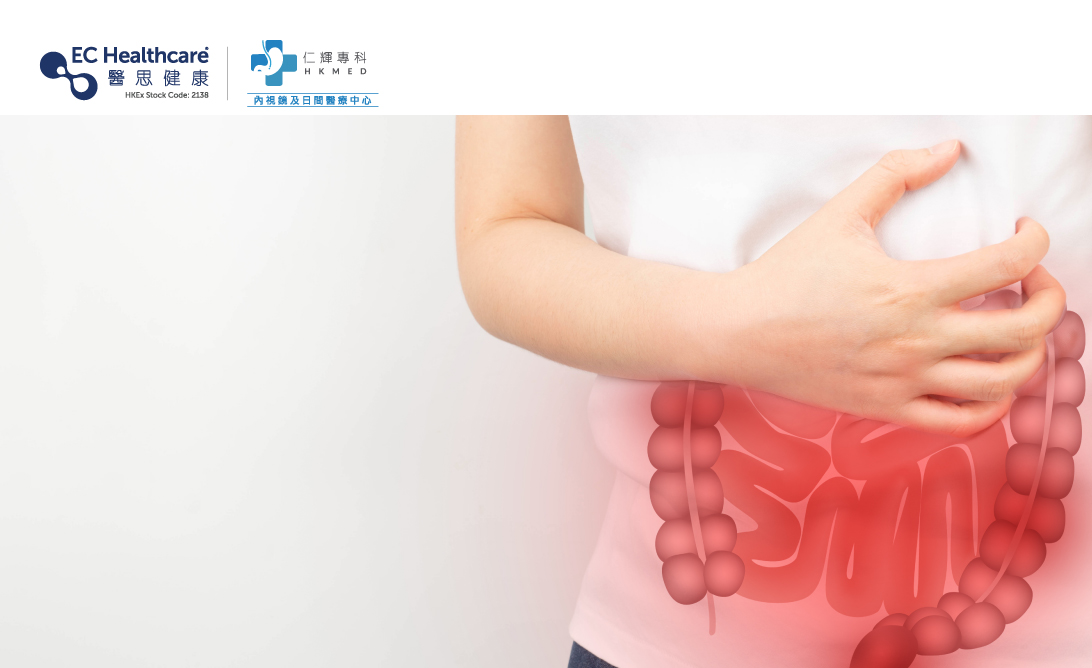【Colonoscopy】Get the Lowdown on Pre-Procedure Diet, Detailed Process, and Recovery Time after Anesthesia!


Feeling anxious about your upcoming colonoscopy? This article provides a comprehensive explanation of the colonoscopy procedure, including dietary guidelines and anesthesia information, ensuring you're well-prepared and at ease for the examination!
What is a Colonoscopy?
A colonoscopy is a type of endoscopic examination that involves the use of a flexible fiber-optic scope inserted through the rectum to examine the interior of the large intestine and rectum, including the rectum, sigmoid colon, descending colon, transverse colon, ascending colon, and cecum. It is commonly used to detect and evaluate intestinal issues such as polyps, ulcers, inflammation, or tumors.
Decoding the Colonoscopy Procedure
The colonoscopy procedure is actually quite straightforward, but it starts well before the actual examination. Let's dive into a detailed explanation of the pre-procedure, during, and post-procedure phases of the colonoscopy process.
Dietary Guidelines Before a Colonoscopy
In the three days leading up to the colonoscopy, patients are required to follow a low-residue diet and take bowel preparation medication. No food or drink is allowed for a full six hours prior to the examination. The low-residue diet includes:
.Starch: Refined grains such as white rice, noodles, and steamed buns.
.Protein: Fish (without the skin), ground meat, steamed eggs, tofu, dried tofu, and soy milk custard.
.Low-fiber Vegetables: Examples include winter melon, bitter gourd, cucumber, and spinach.
.Fruits: Options include cantaloupe, bananas, papaya, apples, grapes, and honeydew melon.
.Beverages: Filtered fruit juices like watermelon juice and soy milk.
If the patient is taking medication, suspects pregnancy, or has any concerns, it is essential to inform the doctor before the examination.
The Process of a Colonoscopy
Before commencing a typical colonoscopy, anesthesia is administered to minimize any discomfort. During the colonoscopy, a flexible tube with a diameter of approximately 1.3 cm, called a colonoscope, is inserted through the anus and advanced into the colon for a thorough examination. The procedure usually takes around 15 to 45 minutes, depending on the condition of the intestines.
Anesthesia Recovery Time after a Colonoscopy
The duration of anesthesia recovery varies depending on the type administered. After the examination, patients typically need to wait for the effects of anesthesia to wear off, which usually takes about 1 to 2 hours. Due to the use of anesthesia during the procedure, it is important to refrain from operating heavy machinery, signing legal documents, or driving within the 24 hours following the examination.
Follow-up Care after a Colonoscopy
The post-care for a colonoscopy is relatively straightforward. After the examination, it is advisable to rest and wait for the effects of the anesthesia to dissipate before getting up, moving around, and eating. Therefore, there is no need to be overly concerned about post-care measures.
Some individuals may experience bloating or changes in bowel habits, such as loose or less-formed stools, within 1 to 2 days after the examination. This is typically a result of the air used to inflate the intestines during the colonoscopy and the large volume of fluids consumed for bowel preparation. However, these symptoms can gradually diminish with regular physical activity and appropriate supplementation of probiotics.
Related Brands










